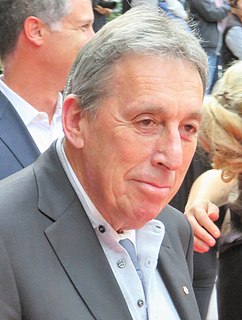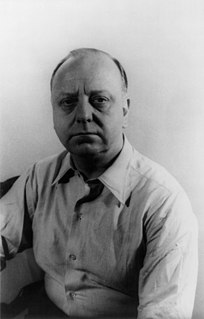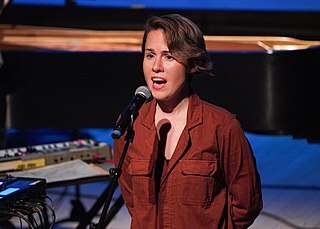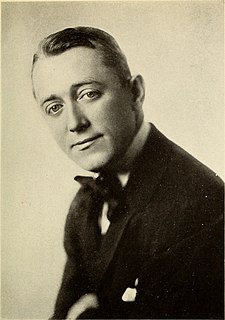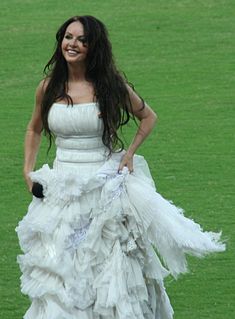A Quote by David Bowie
There's an effort to reclaim the unmentionable, the unsayable, the unspeakable, all those things come into being a composer, into writing music, into searching for notes and pieces of musical information that don't exist.
Related Quotes
Searching for music is like searching for God. They're very similar. There's an effort to reclaim the unmentionable, the unsayable, the unseeable, the unspeakable, all those things, comes into being a composer and to writing music and to searching for notes and pieces of musical information that don't exist.
When I'm writing a play I hear it like music. I use the same indications that a composer does for duration. There's a difference, I tell my students, between a semi-colon and a period. A difference in duration. And we have all these wonderful things, we use commas and underlining and all the wonderful punctuation things we can use in the same way a composer uses them in music. And we can indicate, as specifically as a composer, the way we want our piece to sound.
Things aren't all so tangible and sayable as people would usually have us believe; most experiences are unsayable, they happen in a space that no word has ever entered, and more unsayable than all other things are works of art, those mysterious existences, whose life endures beside our own small, transitory life
I've done a lot of performance practice, Baroque playing, and some of the joy and the challenge of it is figuring out what the composer intended... You have music of the 17th century - it's all whole notes and half notes. But inside of that, there are so many things that one can do, at least according to what we know about performance practice.
My pieces usually are programmed on concerts in which the other works are standard repertoire. My music always sounds very different when it's on a concert of all contemporary music. It always seems to stick out at an odd angle. This also makes me think of a question I sometimes debate with my friends: does the music of a composer directly reflect that composer's personality? This is a difficult one, but I think it usually does.
I type my sermon notes into my BlackBerry, then I upload my sermon notes to my blog, my Facebook page and some of the information to my Twitter account. That's 100,000 people I'm sharing the Gospel with by the virtue of typing it into my BlackBerry as opposed to writing it down. That is being efficient with my time.
I, and all the complex things around me, exist only because many things were assembled in a very precise way. The 'emergent' properties are not magical. They are really there and eventually they may start re-arranging the environments that generated them. But they don't exist 'in' the bits and pieces that made them; they emerge from the arrangement of those bits and pieces in very precise ways. And that is also true of the emergent entities known as "you" and "me".
I had a drummer in my band who started teaching me tricks to come up with interesting rhythms. Because I don't come from a musical background, I've never studied music, and I don't know music theory at all, so a lot of stuff I discover on my own are things students would learn in the first grade of music.




